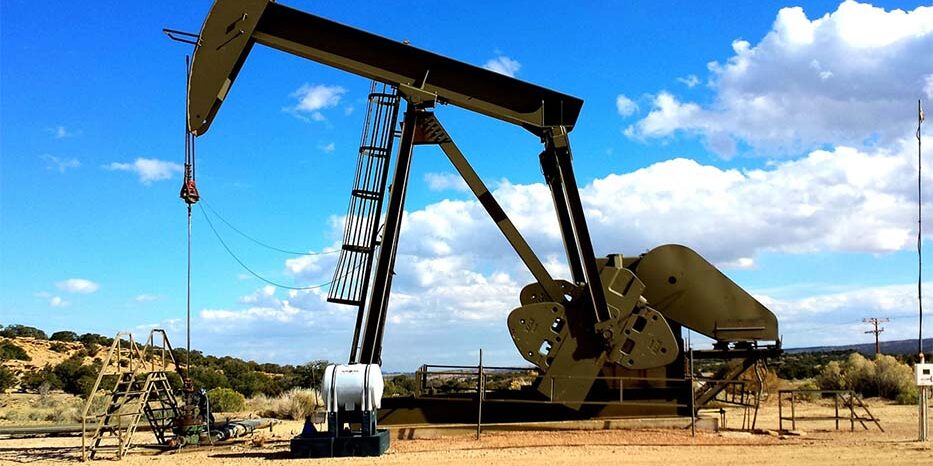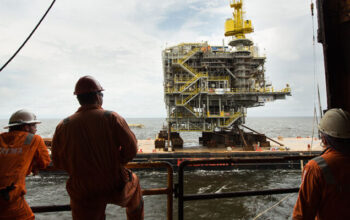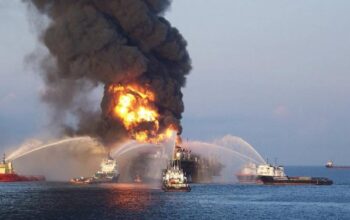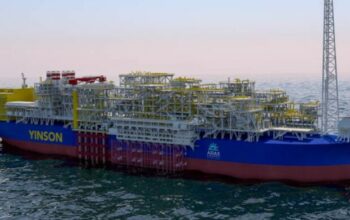The Nigerian National Petroleum Corporation (NNPC) Limited has announced the resumption of an oil drilling campaign at its Wadi-B well in Nigeria’s Borno State. The drilling activities had been inactive for several decades due to a lack of sufficient commercial oil quantities. The Group Managing Director (GMD) of NNPC Limited, Mele Kyari, stated that the company will adopt a new approach to exploration and conduct a comprehensive evaluation of all frontier basins in Nigeria. This move aims to bring about greater prosperity for Nigerians by utilizing the necessary technology to assess the geological setting of the Chad Basin.
In addition to this, the Nigerian Midstream and Downstream Petroleum Regulatory Authority will begin licensing enforcement in June 2023. The Minister of State for Petroleum Resources, H.E. Chief Timipre Sylva, made the announcement, emphasizing the need for organizations in Nigeria to operate under the oversight of the regulatory agency. The enforcement will encourage end-users to obtain petroleum storage licenses and establish licensing regimes, procedures, and standards for handling petroleum products. The aim is to foster a safer and more cost-effective energy operating environment through enhanced collaboration between operators and businesses.
Shifting focus to Kenya, the country’s Cabinet Secretary for Energy and Petroleum, H.E. Davis Chirchir, revealed plans to construct three additional ships to facilitate the shipment of oil products to Uganda via Lake Victoria. The construction of the jetty facility, completed in March 2018, was designed to transport petroleum products from Kenya’s state-owned Kenya Pipeline Company’s Kisumu Depot to Uganda. However, delays in the construction of Uganda’s off-loading jetty led to a postponement of operations, which only commenced in January 2023. The additional ships aim to reduce congestion and enhance the reliability of petroleum supply to Kenya’s neighboring countries, including the Democratic Republic of Congo, South Sudan, Burundi, and Rwanda.
In global news, oil prices experienced a decline in Asian trade on May 25. The pressure resulted from the strengthening U.S. dollar and ongoing uncertainty surrounding the U.S. debt ceiling negotiations. Brent crude futures dropped by 0.2% to $78.16 per barrel, while West Texas Intermediate crude futures fell 0.4% to $74.06 per barrel. Profit-taking also played a role as investors capitalized on the three-week highs that oil prices had reached in the previous session. Factors such as expected tighter U.S. supplies leading up to the travel season and cautious statements from Saudi Arabia’s Minister of Energy, Prince Abdulaziz bin Salman Al Saud, contributed to the recent surge in prices. Additionally, concerns over a resurgence of COVID-19 cases in China and the potential impact on economic activity raised doubts about oil demand projections driven by China, the world’s second-largest oil importer.
![]()




